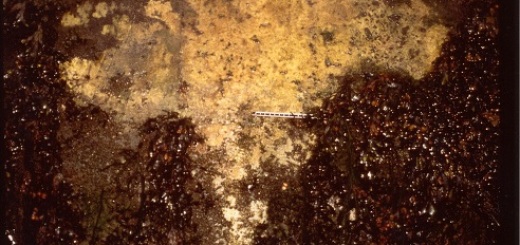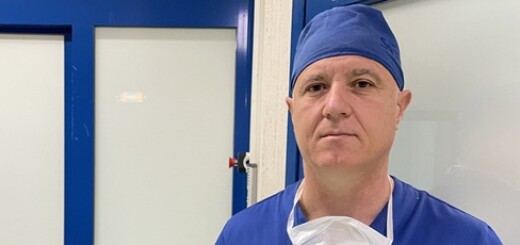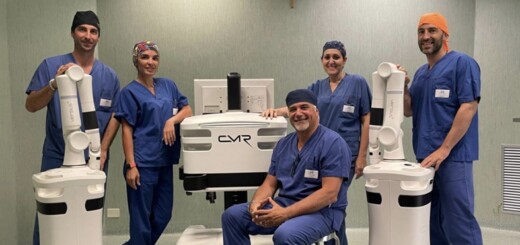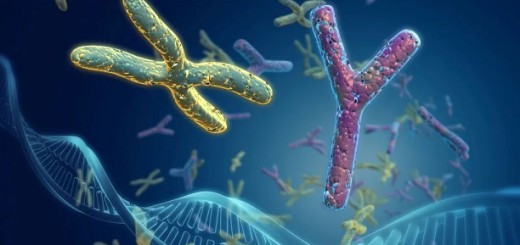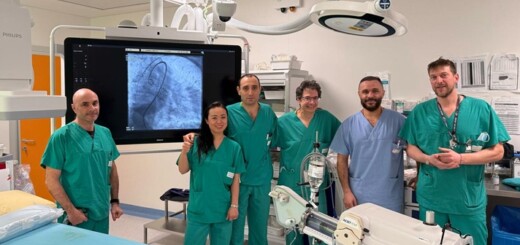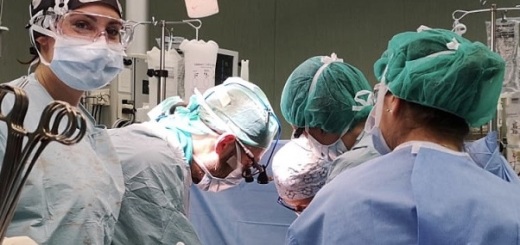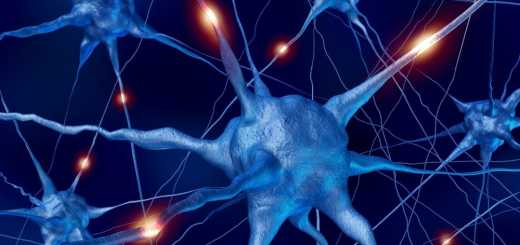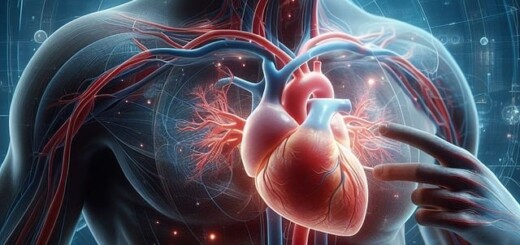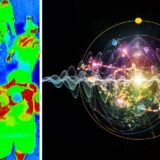Monitoraggio di terremoti e tsunami nel Mar Mediterraneo. Studio CAT-INGV
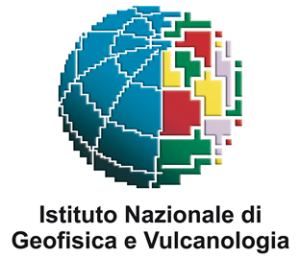
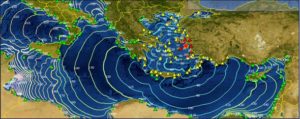
Roma, 1 aprile 2021 – Valutare il funzionamento del sistema di allerta tsunami nell’area del Mediterraneo, riflettere sulle criticità emerse e individuare le aree di miglioramento da porre in essere, costituiscono il focus dello studio “From seismic monitoring to tsunami warning in the Mediterranean Sea” appena pubblicato sulla rivista Seismological Research Letters sulle attività dei primi quattro anni del Centro Allerta Tsunami (CAT-INGV), condotto dal gruppo di ricerca dell’Istituto Nazionale di Geofisica e Vulcanologia (INGV).
“Quello dovuto agli tsunami è un rischio poco noto ma presente anche nei nostri mari. Si tratta di eventi rari ma con un potenziale distruttivo enorme. Scopo di questo studio è quello di analizzare le procedure attualmente in uso al Centro Allerta Tsunami e identificare gli strumenti per migliorare il servizio rendendolo più rapido ed efficiente”, spiega Alessandro Amato, Responsabile del CAT-INGV e primo autore dello studio.
“Abbiamo analizzato centinaia di terremoti nel mondo e alcune decine nell’area di competenza del CAT, cioè il Mar Mediterraneo. Alcuni dei terremoti più forti avvenuti tra il 2017 e il 2020, periodo di operatività del CAT, hanno generato degli tsunami di modesta entità. In un paio di casi, cioè nel 2017 e nel 2020 tra la Grecia e la Turchia, sono state osservate inondazioni fino a due metri di quota; nel caso del recente terremoto di magnitudo 7 a Samos si sono registrati danni ingenti e una vittima dovuti allo tsunami. I messaggi di allerta tsunami – prosegue Amato – sono stati inviati dal CAT tra 7 e 10 minuti dopo l’occorrenza dei terremoti, un tempo utile per permettere l’evacuazione in quasi tutte le aree costiere potenzialmente interessate dallo tsunami”.
Il CAT è parte del Sistema di Allertamento nazionale per i Maremoti di origine sismica che è stato istituito nel 2017 dalla Presidenza del Consiglio dei Ministri; quest’ultima ha affidato al Dipartimento della Protezione Civile nazionale il coordinamento delle attività con l’INGV e l’Istituto Superiore per la Protezione e la Ricerca Ambientale (ISPRA).
Il CAT-INGV è uno Tsunami Service Provider del Gruppo Intergovernativo NEAMTWS (North-East Atlantic, Mediterranean and connected seas Tsunami Warning System) che agisce con il coordinamento dell’IOC (Intergovernmental Oceanographic Commission) dell’UNESCO. In caso di potenziale tsunami, il CAT invia i messaggi di allerta al DPC italiano e a numerosi Stati membri dell’UNESCO dell’area euro-mediterranea.
“Il monitoraggio degli tsunami di origine sismica – prosegue Amato – viene effettuato a partire dall’analisi in tempo reale dei forti terremoti. A tal fine utilizziamo tecniche sismologiche che consentono il calcolo rapido delle coordinate ipocentrali e della magnitudo di ogni terremoto che avviene in mare o sulle coste del Mar Mediterraneo”.
“Lo studio – conclude Alessandro Amato – ci ha permesso di individuare alcuni elementi che consentiranno di velocizzare le procedure di calcolo riducendo i tempi dell’allerta, pur mantenendo un buon grado di accuratezza delle stime. Infine, è stata enfatizzata l’importanza di colmare l’ultimo segmento della catena di allertamento, quella che deve consentire ai messaggi di allerta di raggiungere il cittadino. Un aumento della consapevolezza riguardo al rischio tsunami e una preparazione specifica della popolazione sono strumenti necessari per la riduzione del rischio”.
Fig. 1 – L’ultimo evento sismico che ha prodotto uno tsunami nel Mar Mediterraneo durante il periodo di operatività del CAT analizzato in questo studio (2017-2020). Epicentro presso l’isola di Samos, magnitudo 7.0, 30 ottobre 2020. Si notano i punti in allerta rossa e quelli in allerta arancio. Le isolinee in mappa rappresentano le isocrone dello tsunami (le linee del tempo percorso). Per questo evento il CAT ha diramato l’allerta tsunami otto minuti dopo il terremoto.
*******
From Seismic Monitoring to Tsunami Warning in the Mediterranean Sea
The functioning and the results of the monitoring of earthquakes and tsunamis in the Mediterranean Sea in a study by the CAT of the INGV
Rome, April 1st, 2021 – Evaluating the performance of the Tsunami Warning System in the Mediterranean area operated by the INGV Tsunami Alert Center (CAT-INGV) after its first 4 years, reflecting on the critical issues that emerged, and identifying areas for improvement: these are the purpose of the study “From seismic monitoring to tsunami warning in the Mediterranean Sea” just published in the journal Seismological Research Letters, conducted by the Istituto Nazionale di Geofisica e Vulcanologia (INGV).
“The tsunami risk in the Mediterranean is poorly known but present even in our seas. Tsunamis are rare events but with enormous destructive potential. The purpose of this study is to analyze the procedures currently in use at the INGV Tsunami Alert Center and identify tools to improve the service, making it faster and more efficient”, explains Alessandro Amato, Head of CAT-INGV and first author of the study.
“We have analyzed hundreds of earthquakes around the world and a few dozens in the CAT area, i.e., the whole Mediterranean Sea. Some of the strongest earthquakes that occurred between 2017 and 2020, the period of operation of CAT, have generated moderate tsunamis. In a couple of cases, i.e. in 2017 and 2020 between Greece and Turkey, run-ups as high as two meters were observed; during the recent, magnitude 7 earthquake in Samos, the tsunami produced considerable damage and even one casualty in Turkey. The tsunami warning messages – continues Amato – were sent by the CAT between 7 and 10 minutes after the earthquakes’ occurrence, a time sufficient to allow evacuation in almost all coastal areas potentially affected by the tsunami”.
The CAT is part of the Italian national alert system for tsunamis of seismic origin, established in 2017 by the Prime Minister and coordinated by the National Civil Protection Department with the INGV and the Istituto Superiore per la Protezione e la Ricerca Ambientale ( ISPRA).
The CAT-INGV is a Tsunami Service Provider of the NEAMTWS Intergovernmental Coordination Group (North-East Atlantic, Mediterranean and connected seas Tsunami Warning System) which acts under the coordination of the IOC (Intergovernmental Oceanographic Commission) of UNESCO. In the event of a potential tsunami, the CAT sends alert messages to the Italian DPC and to numerous UNESCO member states of the Euro-Mediterranean area.
“The monitoring of tsunamis of seismic origin – continues Amato – is carried out starting from the real-time analysis of strong earthquakes. We use seismological techniques that allow the rapid calculation of the hypocentral coordinates and the magnitude of each earthquake that occurs at sea or on the coasts of the Mediterranean Sea”.
“The study – Alessandro Amato concludes – has allowed us to identify some elements that will speed up the calculation procedures by reducing the alert times, while maintaining a good accuracy in the estimates. Finally, the importance of bridging the last segment of the alerting chain was emphasized, allowing the alert messages to reach the citizen. Increased awareness of the tsunami risk and specific preparation of the population are necessary tools for risk reduction”.
Fig. 1 – The last seismic event that produced a tsunami in the Mediterranean Sea during the period of operation of the CAT analyzed in this study (2017-2020). Epicenter at the island of Samos, magnitude 7.0, 30 October 2020. Note the points on red alert and those on orange alert. The isolines on the map represent the tsunami isochrones (the time lines traveled). For this event, the CAT issued the tsunami warning eight minutes after the earthquake



